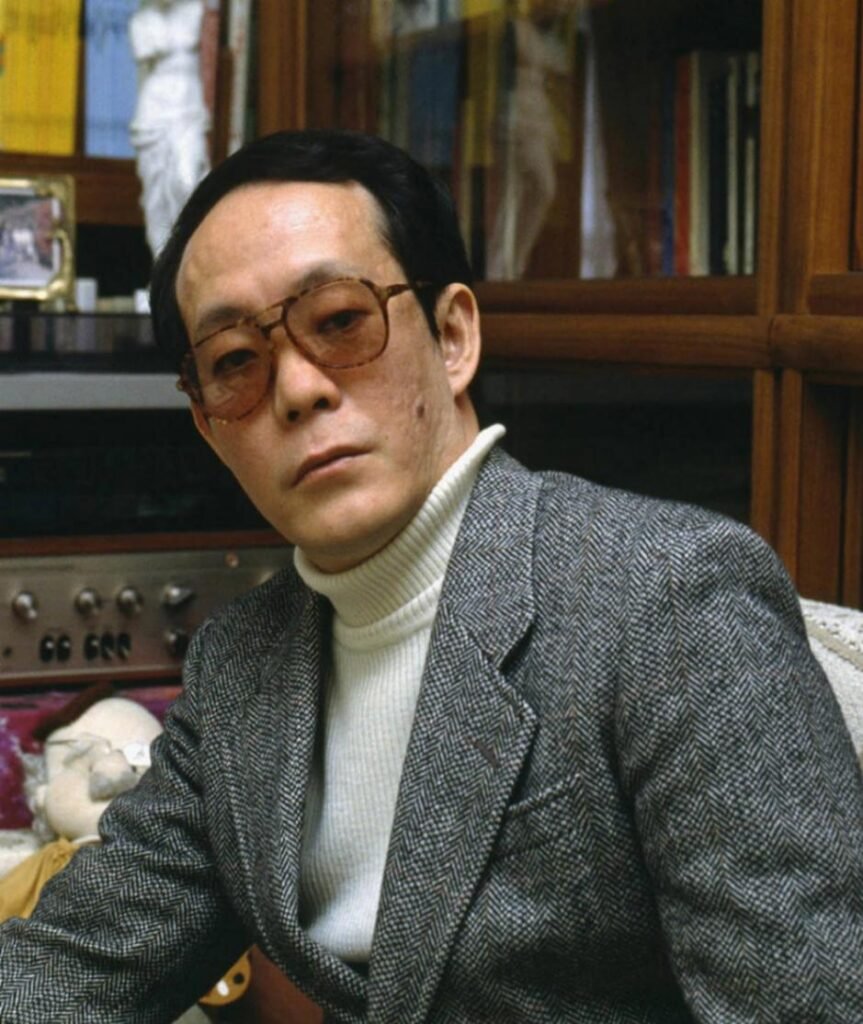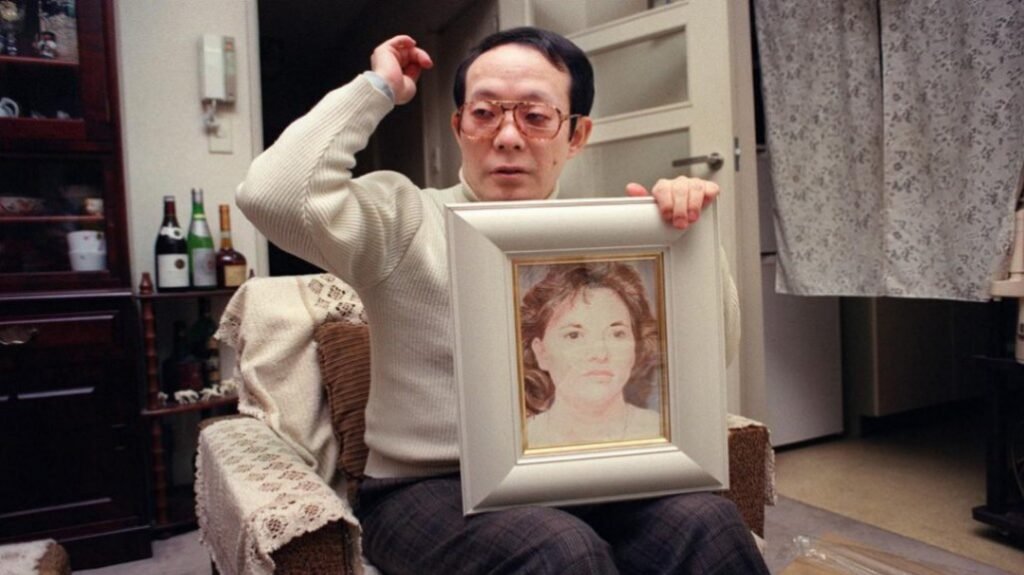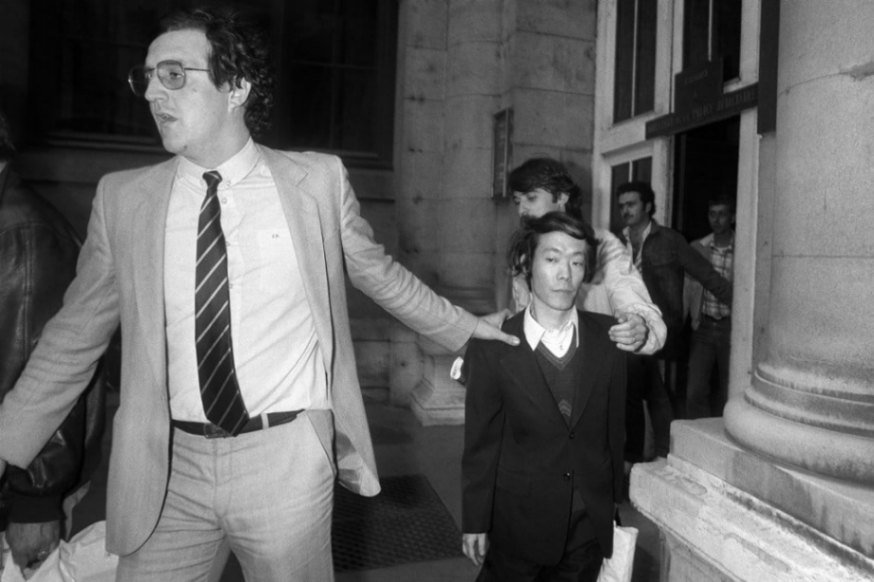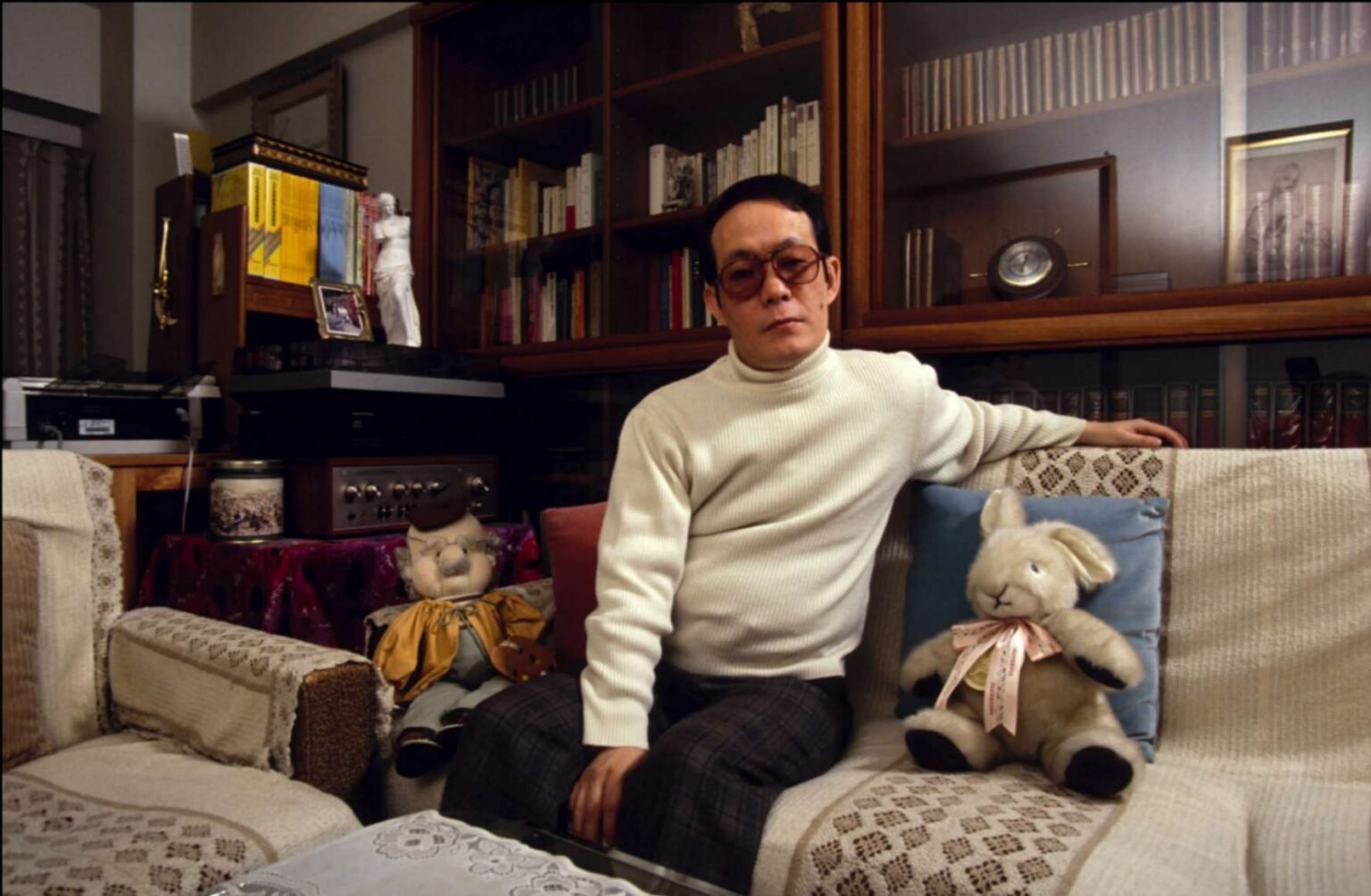In 1981, Issei Sagawa was a Japanese student at the Sorbonne in Paris. He committed a crime so shocking it became a global sensation. Sagawa shot, raped, and ate parts of his classmate Renée Hartevelt, a 25-year-old Dutch student, before being caught. What followed was not a life sentence behind bars, but an unfathomable sequence of events that allowed a cannibal killer to evade justice and live freely, stirring outrage and intrigue worldwide.
The Gruesome Act

On June 11, 1981, Sagawa invited Hartevelt to his apartment under the guise of discussing poetry. With a rifle in hand, he crept up behind her as she read aloud and shot her in the neck. What happened next was even more disturbing. Over the next few days, Sagawa engaged in acts of necrophilia and cannibalism, consuming parts of her body and freezing some for later. In interviews, he described the flesh as tasting “like tuna” and expressed regret only that he hadn’t eaten her while she was still alive.
Sagawa eventually decided to dispose of the remains. He placed parts of her body in two suitcases. Then, he tried to dump them in a lake within the Bois de Boulogne park. However, blood leaking from the bags drew attention, and police soon apprehended him. When questioned, he immediately confessed: “I killed her to eat her flesh.”
These are the 5 Halloween murders that were unsolved, yet not forgotten
A Legal Loophole Sets Him Free
Despite the brutal nature of the crime, Sagawa (aka The Cannibal Killer) did not serve time in prison. French authorities declared him legally insane and unfit for trial, instead committing him to a psychiatric institution. The decision was made based on evaluations that deemed him incapable of comprehending the severity of his actions. Yet, within two years, Sagawa was deported to Japan, where his fate took a perplexing turn.
Upon his return, Japanese psychiatrists found him sane and concluded that his crime was driven solely by sexual perversion. However, with the French court documents sealed, Japan had no legal grounds to detain or retry him. By August 1986, Sagawa had checked himself out of the psychiatric hospital, walking out a free man. A loophole that baffled legal experts and enraged the public.
Celebrity or Monster?
Issei Sagawa’s subsequent life raised unsettling questions about morality, justice, and media fascination with crime. Far from shunning the spotlight, he embraced his notoriety. He wrote books, appeared on television, and even took part in pornographic films, exploiting his infamy. His bizarre celebrity status was particularly controversial in Japan, where some saw him as a morbid curiosity rather than a criminal who should be shunned.
In interviews, Sagawa remained disturbingly unapologetic, even expressing continued cannibalistic fantasies. Yet, he also acknowledged the societal condemnation he faced, stating that the stigma of being a murderer was itself a punishment. The media’s morbid fascination with him only fueled his notoriety, with appearances on talk shows and in documentaries adding to his infamy.
The Questions that Remain

Why did Sagawa commit such a grotesque act? He confessed that his cannibalistic urges began in childhood, fueled by feelings of inadequacy. At under five feet tall, he fixated on Western women, whom he idealized for their beauty and height—traits he believed he lacked.
Could his freedom have been averted? Some argue that Japan’s legal system was unprepared for a case involving international jurisdiction and mental health complexities. The loophole that allowed Sagawa to escape justice highlights a gap in legal frameworks when dealing with cross-border crimes, and his continued freedom served as a grim reminder of how justice can be thwarted.

A Haunting Legacy
Issei Sagawa died of pneumonia at the age of 73 in 2022, leaving behind a legacy not just of horror, but of baffling legal anomalies and media exploitation. His case challenges us to consider uncomfortable questions: How do we reconcile the gap between crime and punishment? Why are we so captivated by killers, even to the point of giving them fame? And most disturbingly, what does Sagawa’s story tell us about the dark recesses of the human psyche?
The Cannibal Killer (Issei Sagawa) case reveals how justice, morality, and media sensationalism can blur after a shocking crime. Now, talking about shocking crimes, have you heard about Grant Amato’s Deadly Internet Addiction who murdered over a fantasy?

